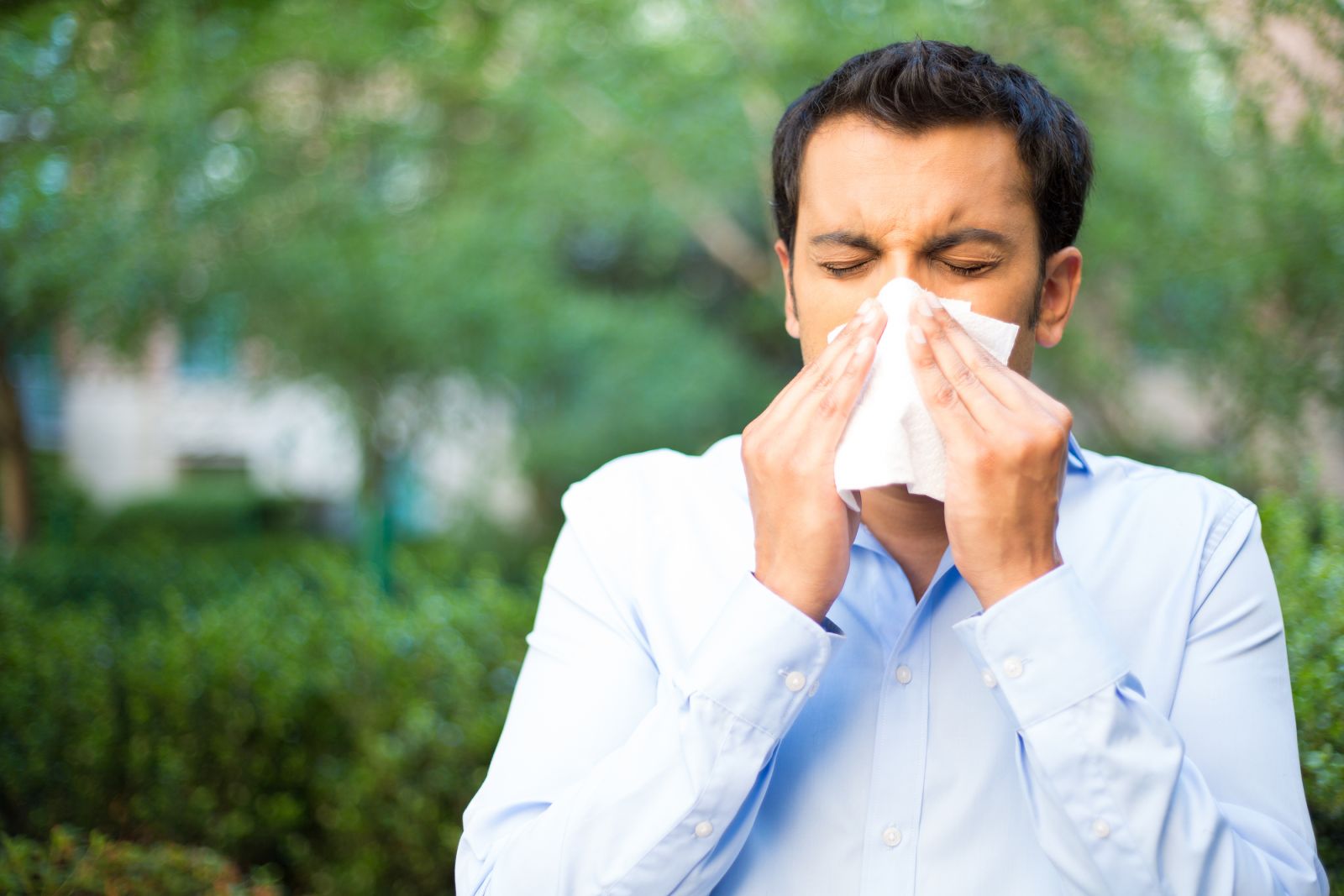
Table of Contents
Allergies
An allergy is a natural body reaction that takes place when your body reacts to a foreign material that’s usually harmless. The foreign material which triggers the reaction is referred to as an allergen and can include animal dander, mold, and pollen, as well as certain foods. Allergies are a very common occurrence. The problem stems from the immune system and only manifests in the body as watery eyes, itchy hives or sneezing reactions. Consult the Conroe family practice if you or your child experiences an allergic reaction and needs immediate medical help. By learning as much as you can about allergies, you will be able to keep things under control.
Allergic Reactions
The function of the immune system is to defend the body against invaders such as viruses or bacteria. If the immune system attacks a substance that’s harmless, it’s referred to as an allergy. During an allergic reaction, your immune system releases antibodies whose sole purpose is to stop the “foreign” substances and expel it from the body. The antibodies send signals to cells, which then release histamine, which causes blood vessels to expand and triggers an allergic reaction. You can come in contact with an allergen through the stomach, mouth, nose, skin, and eyes, and the reactions might include a clogged sinus, inflamed skin, stomach problems or difficulty breathing.
Depending on how your body reacts and how much allergens are in your system, an allergy attack can range from mild to severe and life-threatening. If the allergy becomes severe, it may cause a serious reaction known as anaphylaxis, which needs immediate attention as it could be life-threatening.
Types of Allergies
Common types of allergies include, hay fever, also referred to as allergic rhinitis, which causes sneezing, itchy eyes and nose, stuffy and runny nose, and red or swollen, watery eyes (allergic conjunctivitis). Food allergies may cause your lips, tongue, or face to swell up. You could also get hives, and anaphylaxis, which requires immediate medical attention. Eczema is a skin condition, which flares up whenever you’re around substances that cause an allergic reaction. It causes itching, peeling, and flaking of the skin, and redness. You could be allergic to certain medications, which might cause a rash, hives or facial swelling. Another common type of allergy is stings, where you could be allergic to stings from bees or other insects. This could cause edema, hives or itching all over the body, and shortness of breath due to chest tightness. As with most other allergies, severe reactions could lead to anaphylaxis.

Anaphylaxis
Most allergies lead to mild and moderate reactions. Bad cases lead to anaphylaxis. Anaphylaxis is a serious reaction that can cause your body to go into shock. Two anaphylactic reactions can happen 12 hours apart, and its symptoms can come suddenly. You can go from a simple runny nose to tightness in the throat, difficulty breathing, dizziness, and fainting. Other people may get a rapid pulse or their heart may stop breathing. If you know you’re at risk of anaphylaxis, you can request your doctor to give you medicine that’ll always be on standby. You should also be aware of your allergic triggers and stay away from them. At the first sign of trouble, call your doctor or head straight to an emergency room even if you recently used medication.






